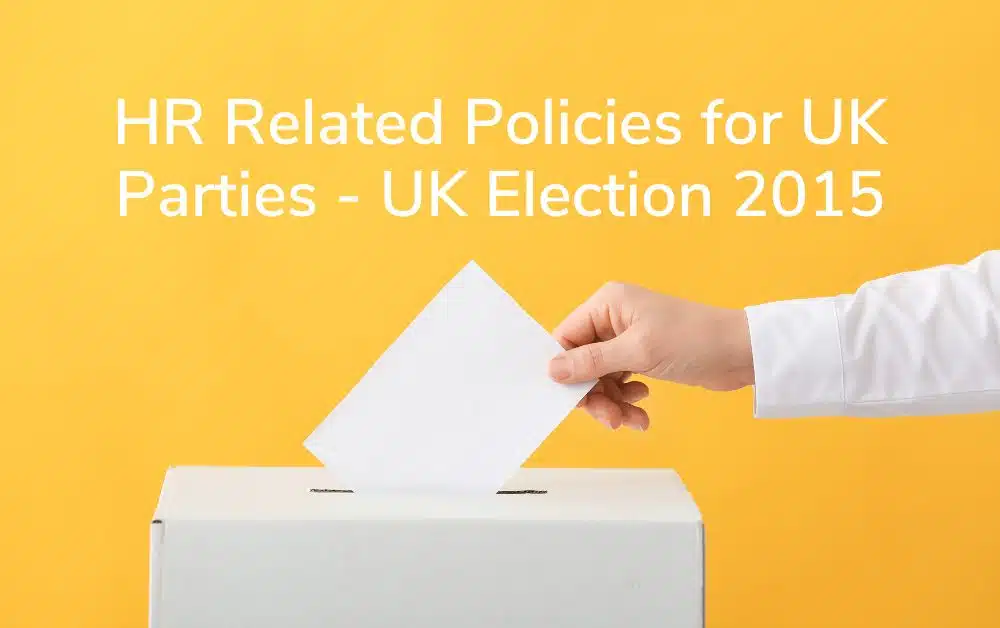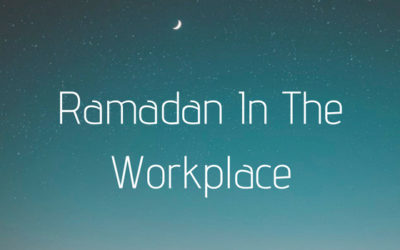As the General Election rapidly approaches as the political parties’ ramp up their seduction techniques to woo their constituents, it’s worth taking a moment to reflect what the various victories would mean for employment law and HR.
It’s reasonable to say that every new government has a substantial effect on employment law, and either a new election or a reaffirmation of power generally yields some significant changes.
Here’s a brief overview of what the main parties are promising and the changes that could be felt within business and HR in the UK as a result.
Conservatives
The topic of zero hours contracts will be subject to much discussion in the elections.
The main part of the present coalition government, the Conservatives nevertheless have got some major changes that they plan to implement should they be re-elected to office.
Zero hour contracts which abuse workers by preventing them from accepting employment elsewhere would be scrapped under a Tory government. Zero hours contracts could still be offered but employers would be unable to insist on the unfair exclusivity clause which is permitted at present.
Possibly the biggest change being proposed by the Conservatives is a radical change to the rules regarding strike action. In order for a strike to be regarded as lawful, there would need to be at least a 50% minimum voting threshold, and 14 days’ notice before industrial action takes place. Certain types of picketing would become illegal and following a ballot, unions would only have a three-month period in which to carry out their strike.
Other changes being mooted by the Tories include the introduction of maternity pay for self-employed women, and a new British Bill of Rights, intended to replace the Human Rights Act 1998.
Three million new apprenticeships will also be created, paid for by benefit cuts.
Lib Dems
Despite currently being the other party in the Coalition, the Lib Dems have some very different ideas about changes that need to be made to working law.
The creation of a new Workers’ Rights Agency would be one of the first moves by the Lib Dems, a body that would be a “one-stop shop” for everything relating to the enforcement of workers’ rights. This body would incorporate separate responsibilities currently held elsewhere including the Gangmasters Licensing Authority, the Employment Agency Standards Inspectorate, the Working Time Directive (presently contained within the Health and Safety Executive) and the national minimum wage enforcement (performed by HMRC).
Apprentices would see their minimum wage increased by £1 and instructions would be given to the Low Pay Commission to review the current National Minimum Wage and the enforcement action which is in place.
Fathers-to-be would find their paternal leave doubled from two to four weeks and the number of employers being inspected for compliance with legislation would double.
Labour
The minimum wage is very much a political hot potato
As you might expect, being a brand new party to government, Labour plan on making sweeping changes if their campaign to be elected is successful.
Similarly to the Conservatives, Labour view zero hours contracts as an urgent priority. Their proposals include preventing employers from suddenly cancelling shifts without paying compensation, and allowing employees to refuse to work outside their contracted hours without penalty. Employees who have a zero hour’s contract but have been working regular hours will also be entitled to receive a regular hour’s contract instead.
Parents hoping to return to work would get more support under Labour with childcare increased to 25 hours per week and both breakfast and after-school clubs to be provided for all where required. Across the public sector, a greater availability of flexible working will be promoted.
By 2020 the national minimum wage would increase to £8, and equal pay between men and women would receive more promotion too. The Labour party see this latter issue as a piece of “unfinished business” from their last stint in power. One of the ways in which they would tackle this is by requiring all companies to provide information about the average pay for every position in their organisation.
The Tribunals system would also receive a comprehensive overhaul, with the current structure completely dismantled and re-assembled with a new set-up, including means testing for the payment of fees. This means that more employees could potentially afford to take their employers to a tribunal.
Conclusion
Whichever of the main political powers which accedes to power in May, there will be changes afoot in the world of business and HR. How long these changes take to be implemented, and indeed whether they will even be put in place remains to be seen. The only thing for certain is that there will be some HR changes following the election, for every business and every industry.







